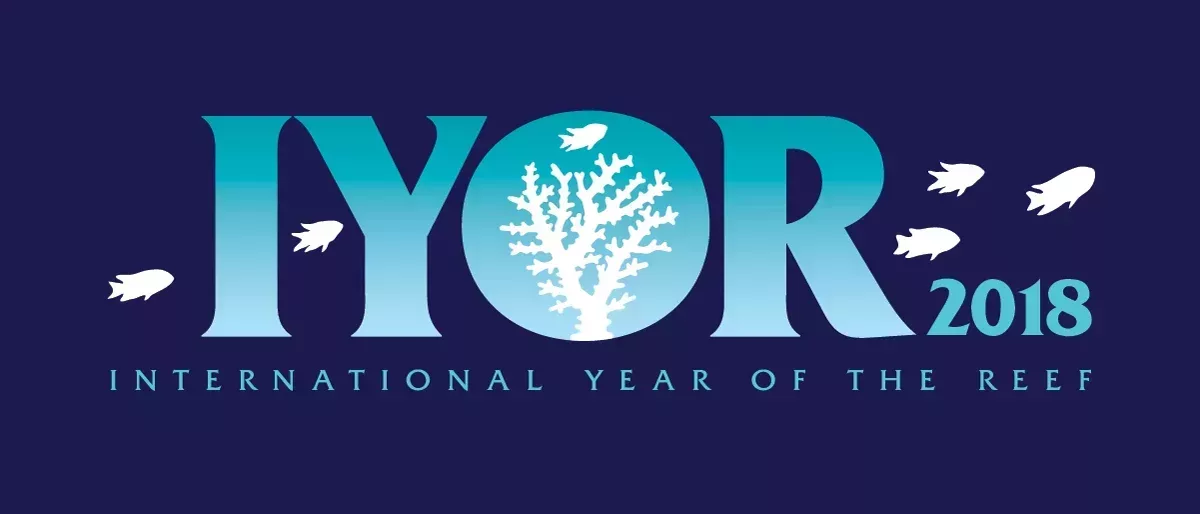This page provides information on the implementation for the plan of action and useful resources.
Theme 1 – “Help raise awareness of how coral reefs and related ecosystems help to fight climate change”
Goal 1.1 – Highlight the contribution of coral reefs, mangroves and seagrasses to mitigate and adapt to climate change and its impacts
- McCreless, Erin and Beck, Michael W. (2016) “Rethinking Our Global Coastal Investment Portfolio,” Journal of Ocean and Coastal Economics: Vol. 3: Iss. 2, Article 6. DOI: http://dx.doi.org/10.15351/2373-8456.1069
- Mangrove restoration: to plant or not to plant?
- Financing for mangrove protection with emphasis on Pakistan, Thailand and Viet Nam
- Incentive allocation for mangrove protection
- Mangrove carbon estimator and monitoring guide
- World Bank. 2016. Managing Coasts with Natural Solutions: Guidelines for Measuring and Valuing the Coastal Protection Services of Mangroves and Coral Reefs. M. W. Beck and G-M. Lange, editors. Wealth Accounting and the Valuation of Ecosystem Services Partnership (WAVES), World Bank, Washington, DC.
Nationally Determined Contributions
- Coastal blue carbon ecosystems. Opportunities for Nationally Determined Contributions. Policy brief.
- Blue Carbon – Nationally Determined Contributions Inventory. Appendix to: Coastal blue carbon ecosystems. Opportunities for Nationally Determined Contributions
- COP22 news – Incorporating Blue Carbon into Nationally Determined Contributions (NDCs) under the Paris Agreement
Goal 1.3 – Increase knowledge on the role of coral reefs, mangroves and seagrasses in interactions with the climate and the ocean, as well as knowledge of the effects of these interactions on these ecosystems IPCC
- Decision and Outline of the Special Report on climate change and oceans and the cryosphere – As Adopted by the Panel at the 45th Session of the IPCC. Sixth Assessment Report (AR6) products – Forty-fifth session of the IPCC Guadalajara (Mexico, 28 – 31 March 2017)
Theme 2: “Meet international requirements regarding coral reefs”
Goal 2.1 – mplement the resolution on the sustainable management of coral reefs adopted at the 2nd session of the United Nations Environment Assembly (May 2016)
- Decision 2/12. Sustainable coral reefs management
Goal 2.3 – Take advantage of upcoming international events to pursue the advocacy for coral reefs and related ecosystems
- ICRI Side event at the CBD COP 13: Coral reefs in a changing world: from science to action (December 2016)
- ICRI Side Event: Blue economy – Coral reefs matter, at the IUCN World Conservation Congress (September 2016)
Theme 3: “Help to reduce human threats to coral reefs and associated mangroves and seagrasses, by making greater use of regulatory tools”
Goal 3.2 – Encourage a ban on plastic microbeads in cosmetic products
Goal 3.3 – Improve regulation and enforcement to reduce direct anthropogenic damage due to dredging and physical alteration of reef structures
- PIANC Report N° 108 – Environmental Commission – Dredging and port construction around coral reefs.
- Facts about – Dredging Around Coral Reefs – An Information Update from the IADC – Number 1 – 2011
- Dredging coral reef habitat. Great Barrier Reef Marine Park Authority (2016)
Goal 3.4 – Promote the deployment of mooring devices limiting the mechanical destruction of coral reefs and seagrasses
- Francour P., Magréau J.F., Mannoni P.A., Cottalorda J.M., Gratiot J. 2006. Management guide for Marine Protected Areas of the Mediterranean sea, Permanent Ecological Moorings. Université de Nice-Sophia Antipolis & Parc National de Port-Cros, Nice : 68 pp.
Theme 4: “Monitor the state of reefs in order to better manage them”
Goal 4.1 – Promote regional reports on the health of coral reefs
- Resolution on the Global Coral Reef Monitoring Network (GCRMN)
- Pacific – Status and Trends of Coral Reefs of the Pacific Islands. A Global Coral Reef Monitoring Network (GCRMN) Regional Report focusing on the island Pacific
Goal 4.2 – Better monitor the phenomena of coral bleaching
Theme 5: “Progress via education”
 Goal 5.1 – Prepare for the 2018 International Year of the Reef (IYOR)
Goal 5.1 – Prepare for the 2018 International Year of the Reef (IYOR)
At the 31st General Meeting (November 2016 in Paris, France), the International Coral Reef Initiative declared 2018 as the third International Year of the Reef (view the recommendation in French, English, Spanish) and encourages to:
- strengthen awareness globally about the value of, and threats to, coral reefs and associated ecosystems;
- promote partnerships between governments, the private sector, academia and civil society on the management of coral reefs;
- identify and implement effective management strategies for conservation, increased resiliency and sustainable use of these ecosystems and promoting best practices; and
- share information on best practices in relation to sustainable coral reef management.
ICRI encourages its members to support and participate in planning for IYOR 2018, and to facilitate the development of national level IYOR activities. For more information, contact the ICRI Secretariat.
Goal 5.2 – Increase awareness among the general public, communities, and young people
An “Educational Managed Marine Area” (EMMA) is a small coastal area a few km2 wide, managed in a participatory way by primary school pupils, in accordance with principles defined in a charter. It is an educational and eco-friendly project to help young people better understand and protect the marine environment. The children become part of a local project that draws on the expertise of the school and local municipality, along with user associations and environmental protection groups. More information.